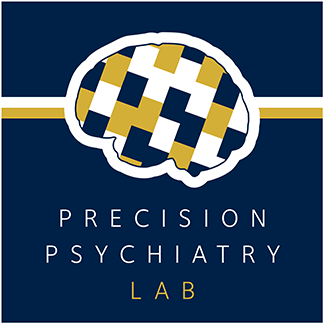
We are an international multidisciplinary group of researchers, clinicians (both psychiatrists and psychologists), statisticians, methodologists and students who are passionate about improving the lives of people with mental illness across the lifespan.
We are based at the Department of Psychiatry, University of Oxford and we aim to improve the current treatment practice in the NHS and across the world, using innovative approaches from artificial intelligence and machine learning, to digital mental health and bioethicists
We work closely with people with lived experience of mental health issues, with Oxford Health NHS Foundation Trust and with many other Trusts and organisations across the UK.
We are funded by the National Institute for Health Research, by the Oxford Health Biomedical Research Centre, Wellcome and by the Oxford and Thames Valley Applied Research Collaboration.
Find out more about what we do on the projects, reviews and patient involvement pages.



